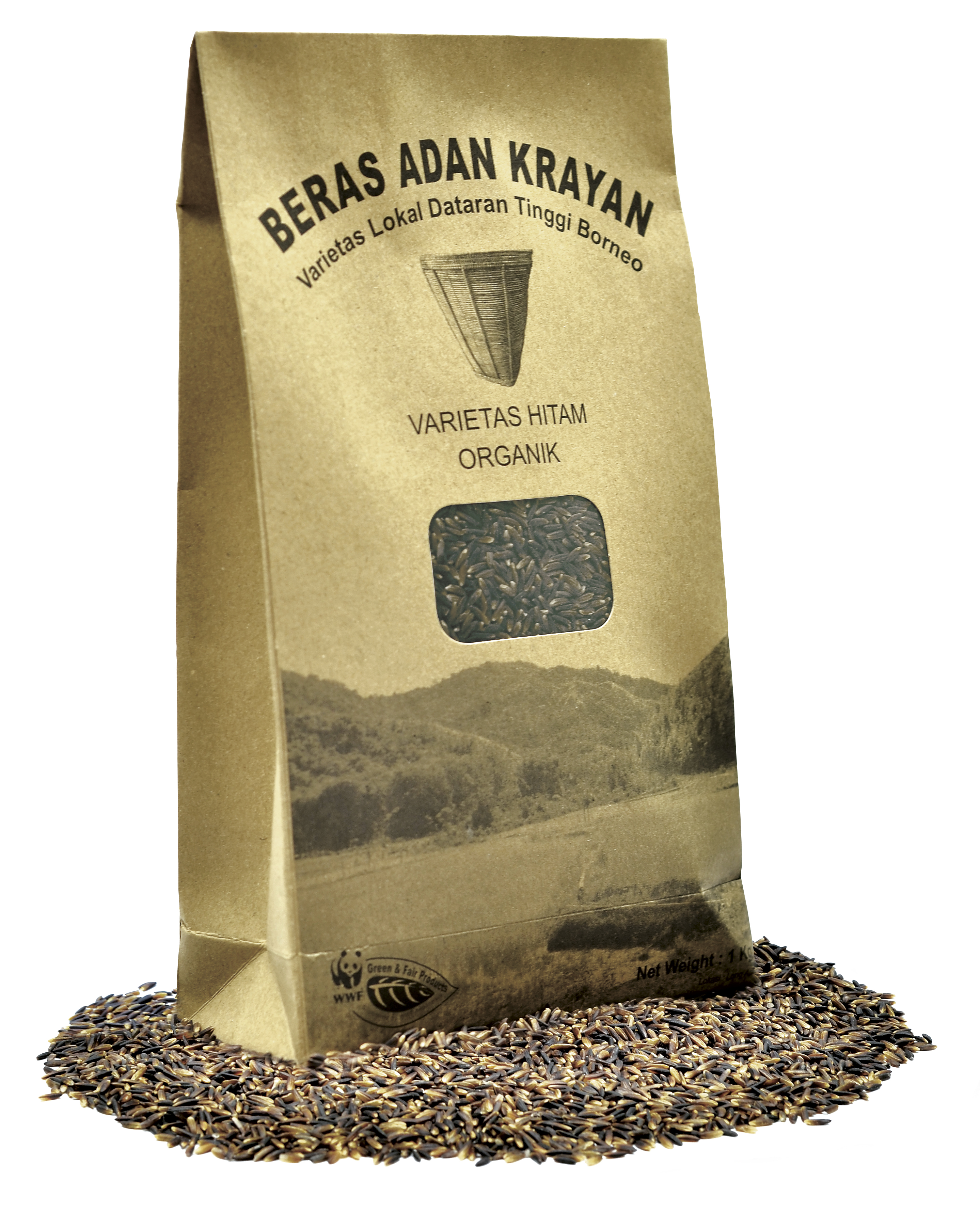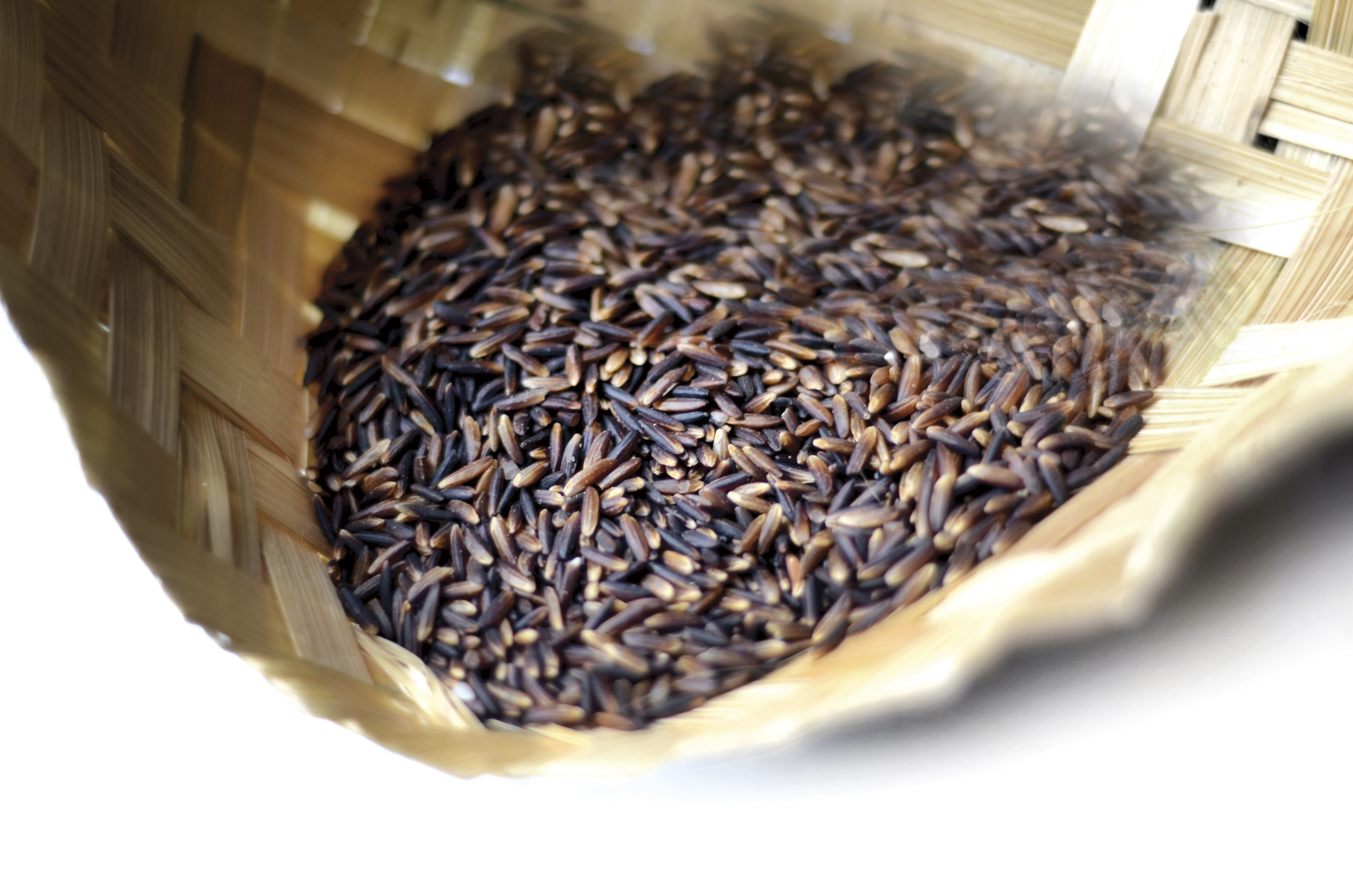Wise Foodways for Nature and People
Posted on May, 28 2019
The multi-year public campaign is expected to encourage a significant shift in food consumption and food production towards more ethical, healthy and sustainable food through increasing consumers and producers’ knowledge and awareness about the environmental and social impact of their practices and food choices.
By: Cristina EghenterOn International Biodiversity Day 22 May 2019, a consortium of five organizations, Hivos, WWF-Indonesia, NTFP-EP, ASPPUK and AMAN, of the Switch Asia EU supported project, "Local Harvest: Promoting sustainable and equitable consumption and local food systems in Indonesia" launched the "Pangan Bijak Nusantara" (or wise foodways) campaign in Jakarta. This year’s theme, Our Biodiversity, Our Food, Our Health, resonates well with the ambition and objectives of the campaign.
 The term "Pangan Bijak" (or Wise Foodways) itself was chosen to reflect a number of principles: Local (clear origin; low footprint in food production and consumption); fair (prices are fair for producers and consumers and take into account environmental costs); healthy (organic, natural) and sustainable (protect the environment, preserve agrobiodiversity of food plants) .
The term "Pangan Bijak" (or Wise Foodways) itself was chosen to reflect a number of principles: Local (clear origin; low footprint in food production and consumption); fair (prices are fair for producers and consumers and take into account environmental costs); healthy (organic, natural) and sustainable (protect the environment, preserve agrobiodiversity of food plants) .The multi-year public campaign is expected to encourage a significant shift in food consumption and food production towards more ethical, healthy and sustainable food through increasing consumers and producers’ knowledge and awareness about the environmental and social impact of their practices and food choices.
As per the landmark Global Assessment Report on the state of nature by the Intergovernmental Platform on Biodiversity and Ecosystem Services (IPBES) released in May 2019, growing and producing food to respond to the expanding global demand make agriculture and food consumption one of the key drivers of environmental degradation.
Moreover, the loss of biodiversity, including genetic diversity, and the fading of the related traditional knowledge of Indigenous and local communities, will weaken many agricultural systems so that there will be a serious risk to food security. Fewer varieties and types of cultivated plants and animals are planted/raised in the world today to meet food needs. This reduced diversity of food crops results in the weakening of the resilience of agricultural ecosystems.
But there are ways to decrease the pressure on the environment, reducing water, soil and air pollution whilst sustaining those characteristics that enhance biodiversity and natural biological processes for improved crop production for healthier consumption. This has traditionally been the case in many parts of Indonesia, including in the Heart of Borneo area.
Local agricultural systems developed by Indigenous people and local communities, and based on local wisdom, best practices and traditional seed supply, have often proved food secure and able to maintain soil fertility. Moreover, biodiverse crops have played a major role. Men and women have been the custodians of local agrobiodiversity. Agrobiodiversity has been for centuries a way to build security, resilience, adaptability, and reduce vulnerability to climate change and other weather events. In the interior of Borneo, daily food does not only come from the cultivated rice fields and home gardens, it is also available in the forest and other ‘wild’ areas.
Traditional agricultural and food systems are not only good for the environment, they are also part of the cultural and ethnic identity of the Indigenous peoples of the Heart of Borneo. In the Krayan Highlands, the people chose to protect the traditional cultivation area and surrounding territory, and preserve the traditional knowledge associated with agricultural practices. In 2016, they declared the Krayan Highlands an area for organic and traditional agriculture, with the high biodiversity of its crops. The initiative becomes a way to protect food crops, their traditions, and their territory of life.
 The Wise Foodways-Indonesia campaign uses seven key food products to exemplify 'wise food' products, namely Adan Krayan rice, a local variety originating from the Krayan Highlands in the Heart of Borneo and other traditional rice varieties from Kalimantan; sea salt from Rembang, pure coconut oil from Nias; palm sugar from Kolaka, forest honey from Kalimantan and Southeast Sulawesi, Toraja coffee and sago from the Tohor River. These seven products are produced in traditional ways by groups of indigenous and local communities, men and women, spread across 14 districts in 8 provinces, that are West Kalimantan, North Kalimantan, North Sumatra, Riau, Central Java, West Java, South Sulawesi and Southeast Sulawesi.
The Wise Foodways-Indonesia campaign uses seven key food products to exemplify 'wise food' products, namely Adan Krayan rice, a local variety originating from the Krayan Highlands in the Heart of Borneo and other traditional rice varieties from Kalimantan; sea salt from Rembang, pure coconut oil from Nias; palm sugar from Kolaka, forest honey from Kalimantan and Southeast Sulawesi, Toraja coffee and sago from the Tohor River. These seven products are produced in traditional ways by groups of indigenous and local communities, men and women, spread across 14 districts in 8 provinces, that are West Kalimantan, North Kalimantan, North Sumatra, Riau, Central Java, West Java, South Sulawesi and Southeast Sulawesi.Local, fair, healthy and sustainable food production, is very important to ensure the sustainability of livelihoods and promote prosperity of people, improve their health and harmony with the environment. The consortium will encourage such practices and the documentation of the related traditional knowledge in HoB and other parts of the archipelago and promote these products to consumers, especially urban consumers. Thus, consumers will play a key role in increasing the demand for local food products that have clear product origin certification, limit the use of hazardous chemicals and contribute to the economic welfare of farmers and producers, both men and women and Indigenous peoples.







